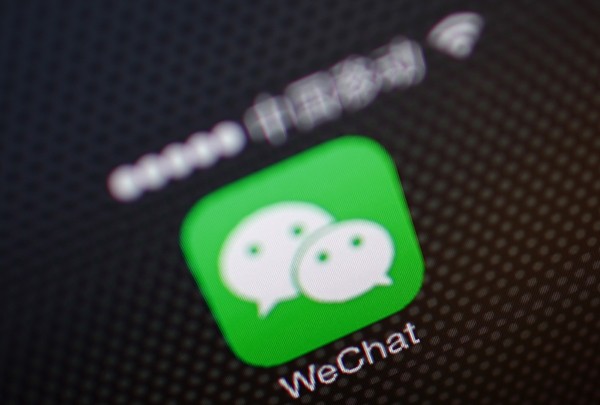As newspapers struggle with the onslaught of the Web, some traditional media outlets are using the Web to reach out to younger audiences through social media to further expand their market.
One of these traditional media outlets is the People's Daily Overseas Edition (PDOE). PDOE has two public accounts on WeChat, a popular social messaging app, and is slowly gaining a wide readership among thousands of online users hungry for political news.
The two accounts are "Xiake Island" and "Xuexixiaozu." "Xiake Island" literally means "knight's island" and provides in-depth analysis of Chinese political news. "Xuexixiaozu," which means "study group," provides updates on President Xi Jinping's speeches and trips. The two accounts have garnered about 400,000 subscribers since their establishment in February last year and each post gets tens of thousands of hits.
Using conversational tones and Internet slang, the writers for the two accounts are eager to change the image of PDOE as a friendly alternative to the serious and formal writing style of traditional media.
Situ Gezi, one of the writers, said: "We are a team of five young reporters who are constantly discussing current issues in WeChat."
Situ added that "it is mainly the five of us who are responsible for selecting the topics and writing the articles. Sometimes we also invite analysts as guest writers."
Situ further said that each of them has a pen name and adopt different writing styles online, much different when they are writing for the traditional paper.
The popularity of "Xuexixiaozu" is rooted to the Chinese people's natural curiosity on the details of President Xi's life. This January, the account released a series of posts chronicling the president's humble beginning, details which were never before released to the public.
PDOE deputy editor-in-chief Wang Yongfu said that the strategy was a fusion of initiatives of their young journalists and the PDOE management.
Wang said that "the two accounts get strong support from related officials. This has reflected the central leadership's willingness to open themselves to the public."
Wang further stated: "But we also remind the young writers not to forget our position as the Party's flagship paper, and to make sure that our stance is correct."
The Communist Party of China's (CPC) newspaper People's Daily is currently undergoing a transition from traditional printing to social media platforms to reach out to Internet-savvy younger audiences.




























